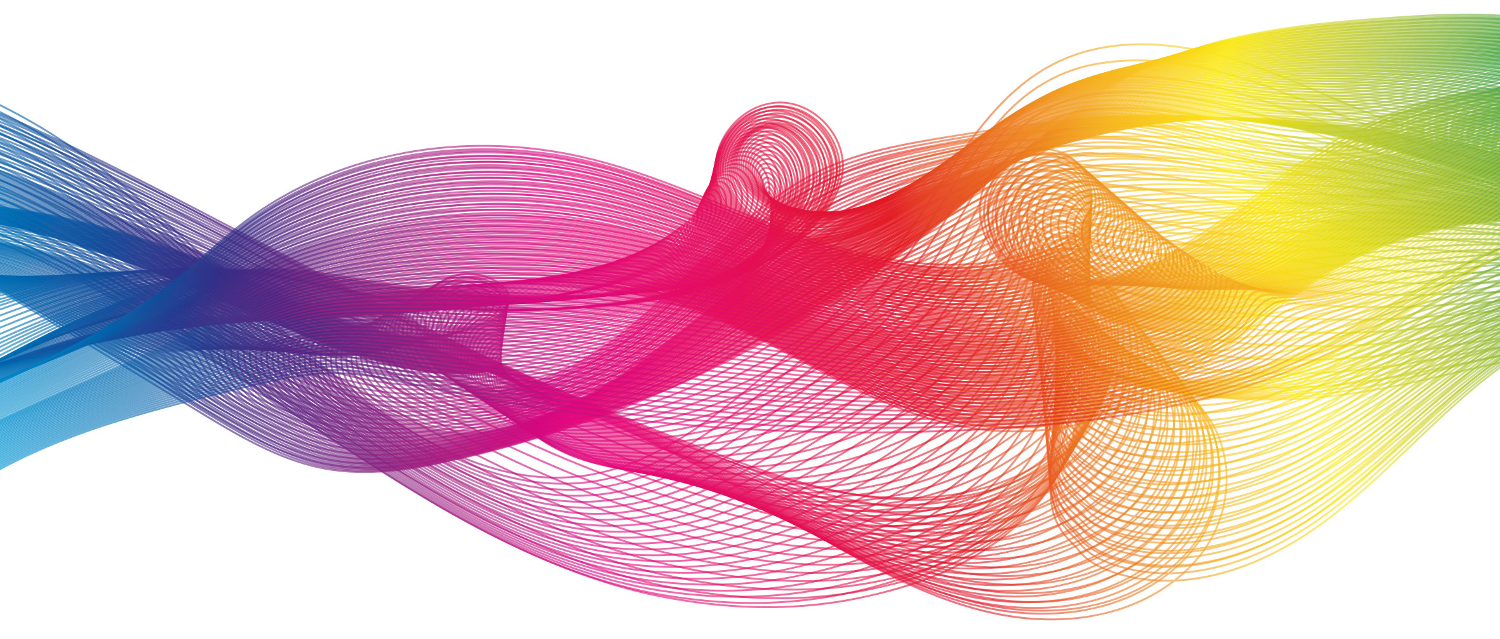From 5 to 6 October, ZeMKI members Prof. Dr. Andreas Hepp, Dr. Leif Kramp, Hendrik Kühn, Gino Krüger, Dr. Philip Sinner and Prof. Dr. Karsten D. Wolf met with their national and international colleagues for the workshop “Refiguration of Public Communication 2023” of the Network of Communicative Figurations, organized by ZeMKI, in Hamburg.
“Theoretical modeling and empirical approach from a linguistic perspective” is the topic of the conference at the University of Zurich, at the German Department. ZeMKI member Prof. Dr. Andreas Hepp will give a keynote speech on the challenges of communicative AI on 10.09.2023.
To the program of the conference
The publication entitled “Necessary Entanglements: Reflections on the Role of a “Materialist Phenomenology” in Researching Deep Mediatization and Datafication” by Prof. Dr. Andreas Hepp and Prof. Nick Couldry (Department of Media and Communications, London School of Economics and Political Science).
To the article
In the online magazine “Up2Date” of the University of Bremen, the current article is about the research of ZeMKI member Prof. Dr. Christian Katzenbach. He reports on the topic “Who determines the discussion about AI science, media, society?”. In an interview format, the article sheds light on the research idea, the process and the results of the project.
Interested?
Click here for the article
Claudia Lampert, Rudolf Kammerl, Katrin Potzel, Paulina Domdey gave a lecture on “Media-related negotiation processes in families in the context of social challenges” at the spring conference of the DGfE on “Media education and (media) socialization in the mirror of central social challenges of the 21st century” on 30-31 March 2023 in Lüneburg.
Children and young people use media to establish their position within their respective social groups and contexts. The role their media repertoires and communicative practices play in this and how these change over time is being examined in a qualitative longitudinal study with colleagues from the FAU Erlangen-Nuremberg.
The conditions under which adolescents form relationships with other people and position themselves within different social contexts are changing in the course of mediatisation. Media developments and the increasing use of media in families, peer groups, school etc. have an impact on the actor constellations and communicative practices within these social contexts and contribute to their dissolution of boundaries.
Against this backdrop, the project addresses the consequences of changing media environments for the socialisation process of children and adolescents. Classical socialisation agents such as family, peer group or school are considered as communicative figurations on which young people actively exert influence and within which the media play an important role as communication channels, but also as subject areas or thematic fields.
The project focuses on the role of the media in the negotiation processes regarding belonging and dissociation as well as the changes over time. The starting point is the family as the first and most important instance of socialisation.
The project is a cooperation between the Friedrich Alexander University Erlangen-Nuremberg (Prof. Dr. Rudolf Kammerl) and the HBI and was approved by the German Research Foundation in 2018. In 2021, the project team received funding for three more years, which will enable them to continue the longitudinal study and conduct further research into how family life changes over time and what significance the use of digital media in particular has for shaping the relationships between family members.
To the project website
Duration: 2018-2023
Contact Person
Dr. Claudia Lampert
Senior Researcher Media Socialisation & Health Communication
Leibniz-Institut für Medienforschung | Hans-Bredow-Institut (HBI)
Rothenbaumchaussee 36
20148 Hamburg
